In a marvelous college lecture in front of a class of engineering students, V. Hunter Adams professed his love for embedded engineering, but he might as well have been singing the songs of our people – the hackers. If you occasionally feel the need to explain to people why you do what you do, at fancy cocktail parties or something, this talk is great food for thought. It’s about as good a “Why We Hack” as I’ve ever seen.
Among the zingers, “projects are filter removers” stuck out. When you go through life, there are a lot of things that you kinda understand. Or maybe you’ve not even gotten around to thinking about whether you understand them or not, and just take them for granted. Life would all simply be too complicated if you took it all sufficiently seriously. Birdsong, Bluetooth, the sun in the sky, the friction of your car’s tire on various surfaces. These are all incredibly deep subjects, when you start to peel back the layers.
And Hunter’s point is that if you are working on a project that involves USB, your success or failure depends on understanding USB. There’s no room for filters here – the illusion that it “just works” often comes crashing down until you learn enough to make it work. Some of his students are doing projects cooperatively with the ornithology department, classifying and creating birdsong. Did you know that birds do this elaborate frequency modulation thing when they sing? Once you hear it, you know, and you hear it ever more.
So we agree with Hunter. Dive into a project because you want to get the project done, sure, but pick the project because it’s a corner of the world that you’d like to shine light into, to remove the filters of “I think I basically understand that”. When you get it working, you’ll know that you really do. Hacking your way to enlightenment? We’ve heard crazier things.

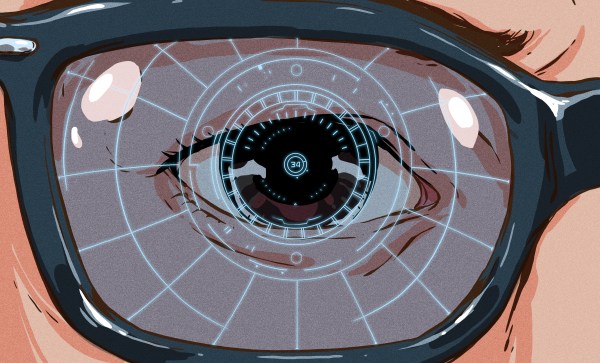
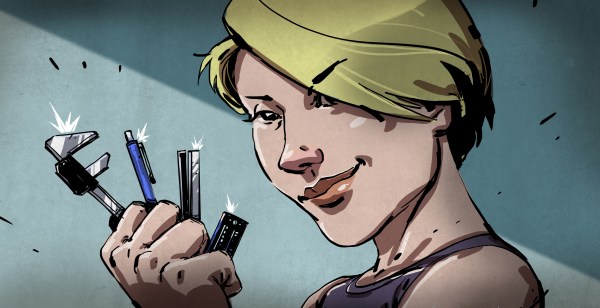
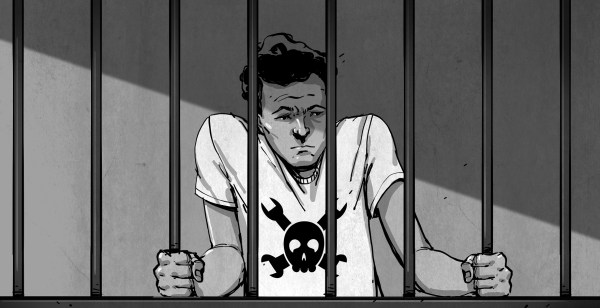
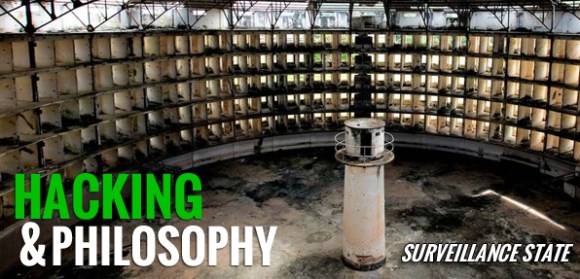
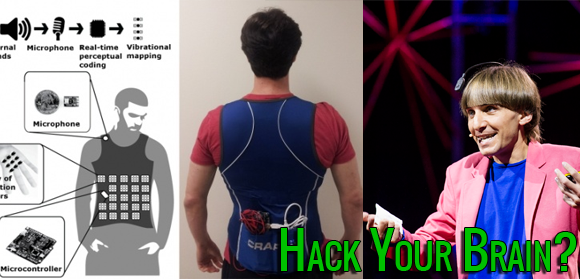

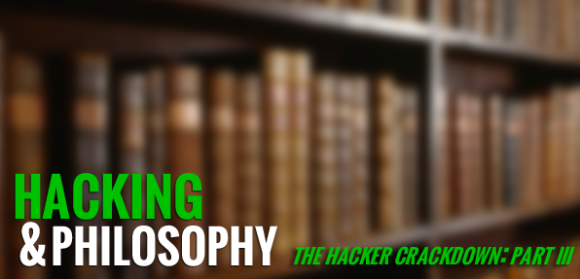
 As always, everyone is welcome in our weekly discussion, even if you haven’t been keeping up with our progress through
As always, everyone is welcome in our weekly discussion, even if you haven’t been keeping up with our progress through 








